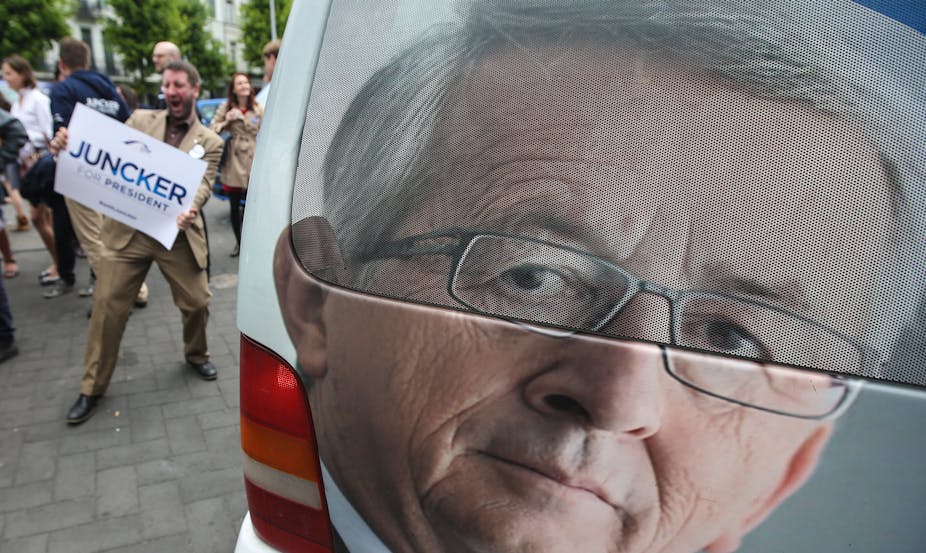In Luxembourg, European elections have traditionally been held on the same day as national elections. Until 2009 all party heavyweights stood in both elections to ensure a good result for their European list (in Luxembourg voters can cast a vote for a party, one or several candidates on the same or on different lists, what is termed inter-party panachage).

Any big-name political leaders elected in both polls would subsequently decide which mandate they would choose depending on what happened in the national election and whether they might be in government. But it was decided by the main parties in 2009 that there would be no more double candidacies (the smaller parties kept on practising it however).
Another consequence of having the two elections simultaneously was that the European election campaign inevitably played second fiddle .
Christian Democrat power waning
This has all changed. Last July the Christian Democrat-Socialist (CSV) government led by Jean-Claude Juncker (who had been PM since 1995) collapsed, leading to the first unscheduled elections since the late 1950s. The resulting poll led to the formation of a coalition excluding the CSV, which had only been out of government for five years (1974-1979) in the post-war era.
CSV dominated the 2009 European Parliament elections, winning three of the six seats allocated to Luxembourg. The remaining three seats were equally split between the Socialists (LSAP), the Liberals (DP) and the Greens. In a country where there has never been a great deal of difference between parties or voters on European issues, the big question of this first distinct European election is the fate of Juncker, who has been chosen by the European People’s Party as its candidate for the presidency of the European Commission – he is not a candidate for the European Parliament election.
The big issue, in the wake of the drop in support for CSV in the national election last October, is whether or not one of the ruling coalition parties can take a second seat in Brussels from the hitherto dominant CSV. The few opinion polls published since the national elections don’t tell us much on this count.
There are nine parties competing for the six available seats. Most of the smaller parties do so without any hope of winning any of these seats, but they want to maintain a presence on the political scene after making a mark in the national election last year. The Party for Integral Democracy (PID), Pirate Party, Communist Party (KPL), Left (Lénk) and the sovereignist Alternative Democratic Reform Party (ADR) have no chance of scoring the double-digit result that would allow them to dream of being allowed to express their less than EU-enthusiastic views in Brussels and Strasbourg.
European reform
The four larger parties see in a stronger Europe the possibility of a stronger Luxembourg. The CSV campaigns with the slogan: “For Europe, for Luxembourg” and capitalises on its international image of competence as a result of its quasi permanence at the helm of the national government.
The Socialists and Christian Democrats are open to some reform of the EU in line with the message expressed by Juncker in his campaign for the presidency of the EU Commission for a social Europe and solidarity between member states. This fits with the CSV’s position but possibly less so with tha of the EPP.
The DP and the Greens are campaigning for a more democratic and transparent Europe. The first would like a convention followed by a European-wide referendum held on the same day to revise the treaties and to give the parliament a real right of legislative initiative. The Greens also want to keep on enlarging the powers of the assembly.

